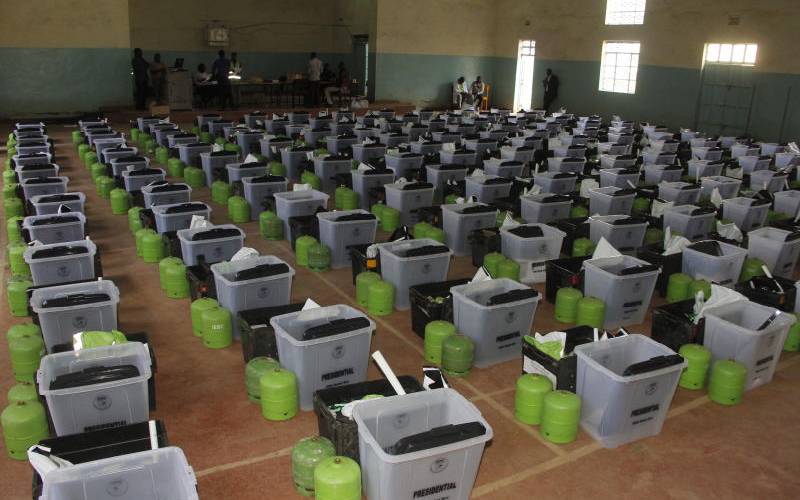×
The Standard e-Paper
Smart Minds Choose Us

In 1985, Toyota Corporation announced it was going to set up a new manufacturing plant in the United States. Immediately, five governors flew to Japan to convince Toyota to set up the new plant in their states.